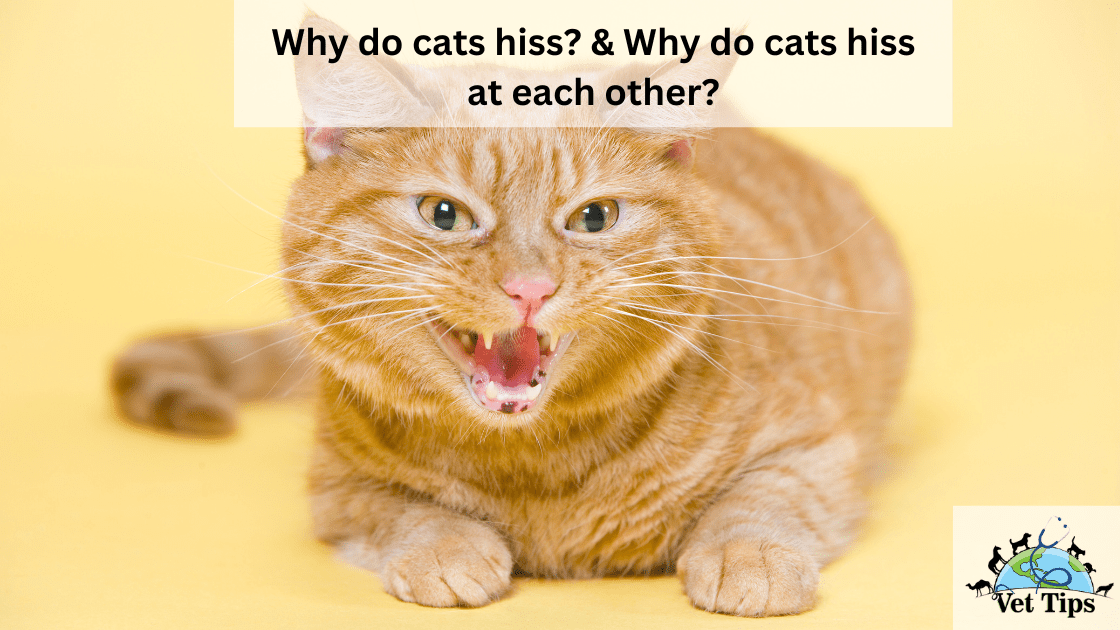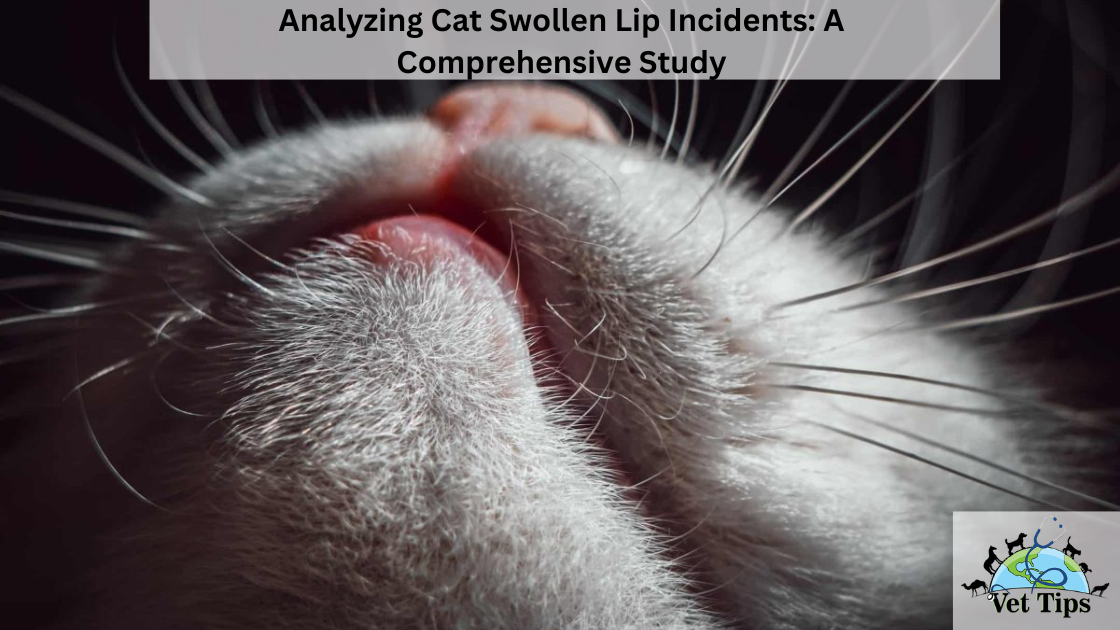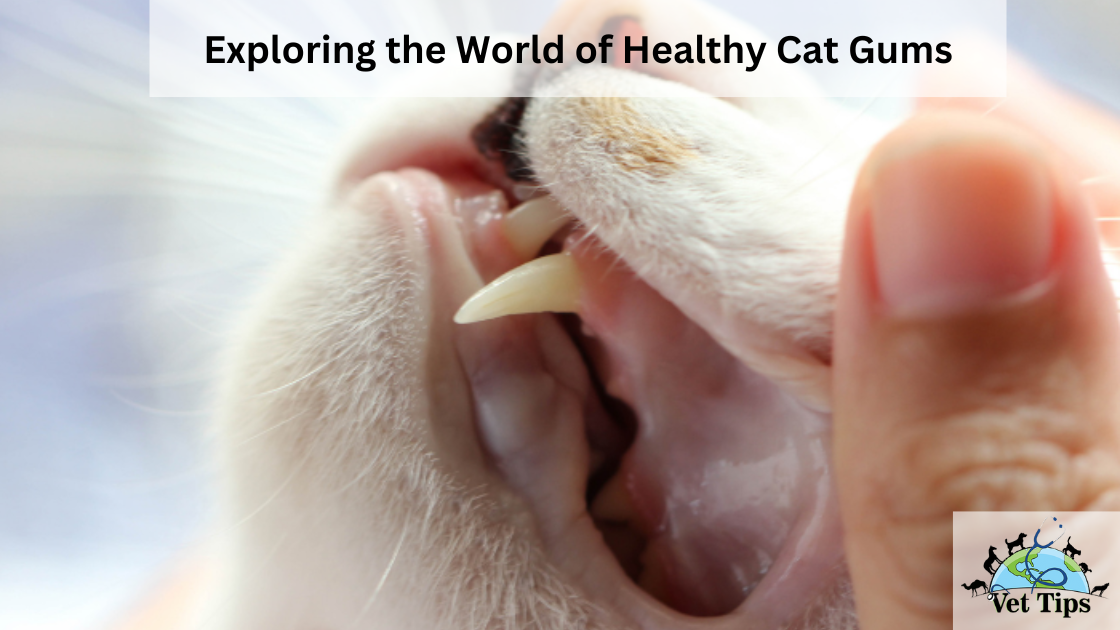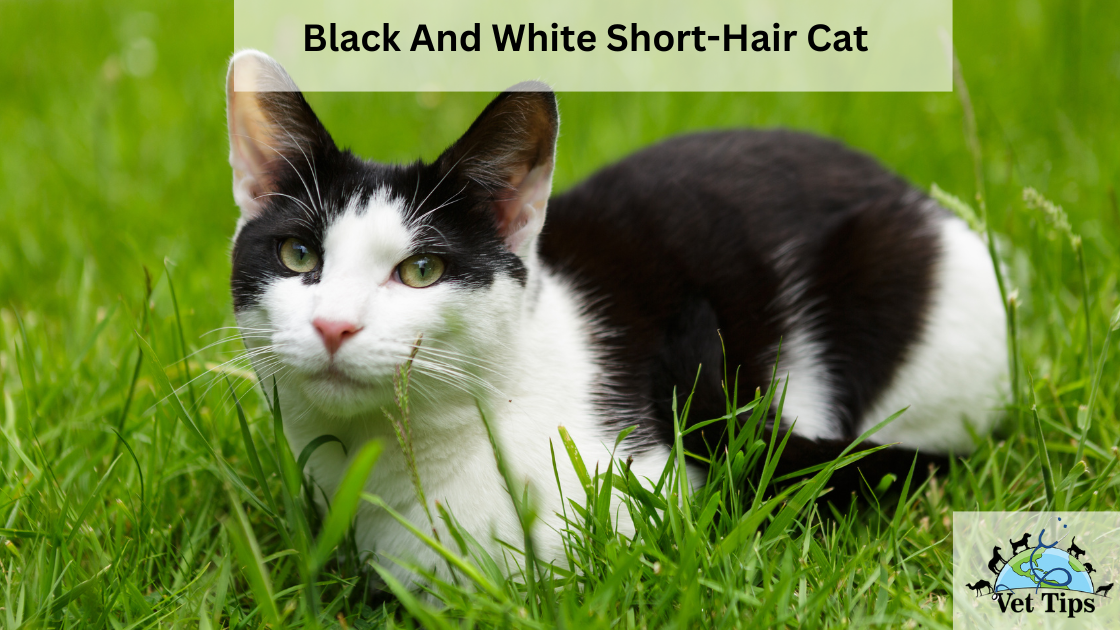“Why do cats hiss? & Why do cats hiss at each other?” are two of the most common questions new cat enthusiasts ask. So, let us discuss everything about cat hissing, its causes, and solutions.
Why do cats hiss? & Why do cats hiss at each other?
Cat hissing is entirely normal behavior, but it doesn’t make it any less unpleasant when it occurs. Your cat or another cat can hiss at you for various reasons, and not all of them are life-threatening emergencies.
Cats have developed several techniques to deal with the stress of coexisting with humans. In certain circumstances, these bits of communication may appear to be menacing. Still, it’s vital to understand what could be causing the cat to hiss.
What exactly is a hiss?
Hissing is a natural habit observed in all cats. It is even seen in giant wild cats such as lions and tigers. It is possible for cats to hiss when they force air through their tongues when their tongues are arched upward and toward the center of their mouths. When a cat hisses, it causes a puff of air to be expelled. Cats will usually arch their bodies, draw their mouths back, and flatten their ears against their heads when hissing.
Another reflexive response to whatever prompted the cat to hiss is the cat’s hair standing up in response. Your cat’s hissing might make you feel uncomfortable, and that’s perfectly normal. Hissing is known as a protective instinct. In this way, individuals are warned that the cat may strike out at them if they don’t stop what they’re doing right away.
Why does my cat hiss at me? What causes it?
Here are six frequent reasons why your cat is hissing that you should be aware of.
1. A warning issued as a precaution
Cats do not want to become involved in fights in the wild since an injury might result in a protracted and painful death. If a kitty in your neighborhood or your home hisses, it may be a warning to stay away from a potentially dangerous situation.
If it’s your feline companion, you may be doing something dangerous. It’s possible that your cat is weary or that he’s feeling a little more territorial than usual. If you’ve just changed your furniture, for example, your cat could be missing some of his or her favorite hiding places.
You could also examine whether you or a member of your household is treating the cat a little too harshly. This is not always an aggressive gesture but rather a means of communicating with the other person. Allow your cat to go away and have some time to cool off after a hot day.
2. A symptom of discomfort/pain
Unless there is a severe problem, cats will not instantly display signs of discomfort and suffering. Hissing might be an indication that your cat is in pain.
Cats are attempting to avoid interaction with humans (particularly youngsters) and other animals that they hiss and growl. In addition, if you find your cat spending more time alone or slipping away to locations where you can’t quite reach them, those hisses might be part of their strategy – essentially saying, “keep away from me!”.
3. Redirected aggression
If your cat keeps an eye on another animal, particularly another cat, and is feeling a little territorial, you may find yourself on the receiving end of that hiss. When a cat is wholly concentrated on the territorial sentiments for a strange cat outdoors, and you can stroll by, this unintentional cat behavior may transfer.
Do you have two cats, and one of them is attempting to steal the other’s toy? The hiss comes from behind you as you pass. It has absolutely nothing to do with you and everything to do with your cat’s emotions at that specific moment.
4. Taking care of kittens (and other precious things)
If a feline has recently given birth, there may be a lot of hissing going on. The mother cat may not even allow trustworthy people to come close to the kittens unless she is completely confident they will be secure. It is possible that the hissing will be followed by aggressive behavior if the cat is unfamiliar with humans.
House cats may also transfer this enthusiasm to a new toy or reward if given the opportunity. Because house cats do not receive the same amount of stimulus as wild cats, a favorite toy may become tricky if the connection is strong enough — powerful enough to elicit a protective hiss — if the bond is strong enough.
5. Fear
A cat’s hiss may be less about hostility or protectiveness and more about intimidation if the cat is scared of anything unfamiliar. Cats, for the most part, do not want to get involved in any kind of confrontation. Hissing may be used to scare away the scary party (or new person or new thing) until the cat can return to its normal state.
If you’ve just relocated, your cat may be experiencing stress due to being in a new environment. If your cat is apprehensive, everything new that comes into his environment may cause him to hiss. Using small rewards, soft love, and playing to distract your cat and educate it that not everything is a threat is one approach to help relieve this behavior in cats.
All the above reasons explain the question, “why is my cat hissing at me?”. So try to avoid all the unfavorable conditions to keep your cat away from hissing.
Why is my cat hissing at my other cat all of a sudden?
Fear, lack of socialization, overcrowding, aggressiveness, play, predation, and some non-medical causes lead your cat to hiss each other in the same home.
Conclusion: Why do cats hiss?
Cat hissing may or may not be a huge issue. Consider what is going on in your cat’s life to determine whether hissing is caused by something. Any difficulties or problems that are causing them discomfort should be addressed. It may be as simple as putting the toy back where it belongs.
If you are unable to find out the source of your cat’s hissing, it is recommended that you take her to the veterinarian for a checkup. Your veterinarian may discover a source of pain, like an infection or arthritis, that has grown without your knowledge, which is particularly important if you have a senior cat with unique health requirements. Treating your cat’s discomfort should allow him to be more comfortable again, and the odd hissing behavior should be eliminated.
Tell us in the comments how you like our article “Why do cats hiss? & Why do cats hiss at each other?”
For similar posts like this, click here.
For the source file, click here.









One thought on “Why do cats hiss? & Why do cats hiss at each other?”